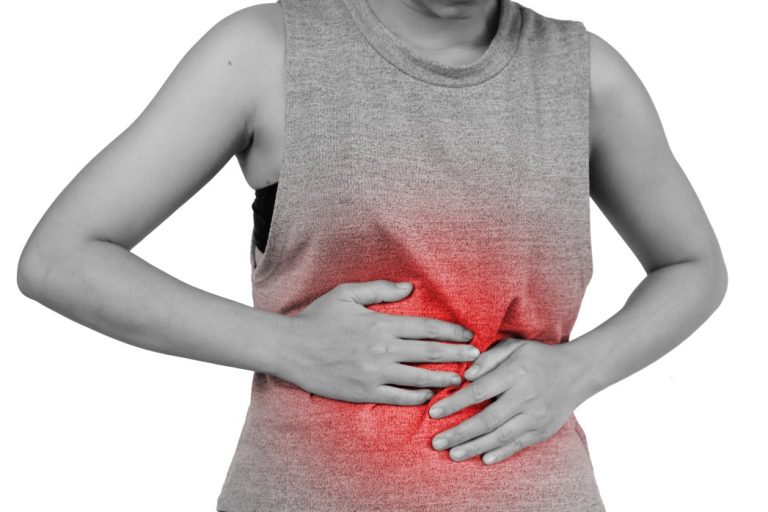Dealing with the Social Isolation of the Covid-19 Pandemic
"Sana has been in social isolation for 3 days and she's losing her mind. She wants to go outside, but she can't. Plus, the news keeps reporting scary things. Sana is scared and anxious".

Gastrointestinal complications include viral, bacterial, or parasitic infections that affect the stomach as well as the small intestines. Fever, cough, and shortness of breath are the commonly known symptoms of COVID -19. However, gastrointestinal symptoms, such as nausea and diarrhea, are easily missed according to this report. In addition to upper respiratory symptoms, a significant number of patients that have tested positive for COVID -19 also suffer from nausea, loss of appetite, diarrhea, and vomiting.
Stanford Health Center in San Fransisco was amongst the first hospitals to receive COVID -19 patients, and Dr. George Cholankeril says that they were in a unique position to look into this subject of gastrointestinal symptoms among Coronavirus patients.
According to research data collected from this Hospital, out of 116 patients who tested positive for the Coronavirus, 31.9% of the patients had gastrointestinal symptoms. 22% percent said they experienced a loss of appetite, 22% had nausea and vomiting, and 12% had diarrhea. Researchers recommend that people exposed to the Coronavirus should not only be checked for respiratory symptoms but also for gastrointestinal symptoms, which should be considered as an identifying factor for the virus as well.
About the full text on: http://med.stanford.edu/news/all-news/2020/04/stomach-complaints-common-in-covid-19-patients.html
"Sana has been in social isolation for 3 days and she's losing her mind. She wants to go outside, but she can't. Plus, the news keeps reporting scary things. Sana is scared and anxious".
The world has been dealing with COVID-19 for nearly two years now; the media is filledCOVID-19 headlines and all the brouhaha it come with. But one thing we all already know is that the disease is killing many, and infecting even more So the question we all have been asking is: how do we reduce our risk of catching this infection?
